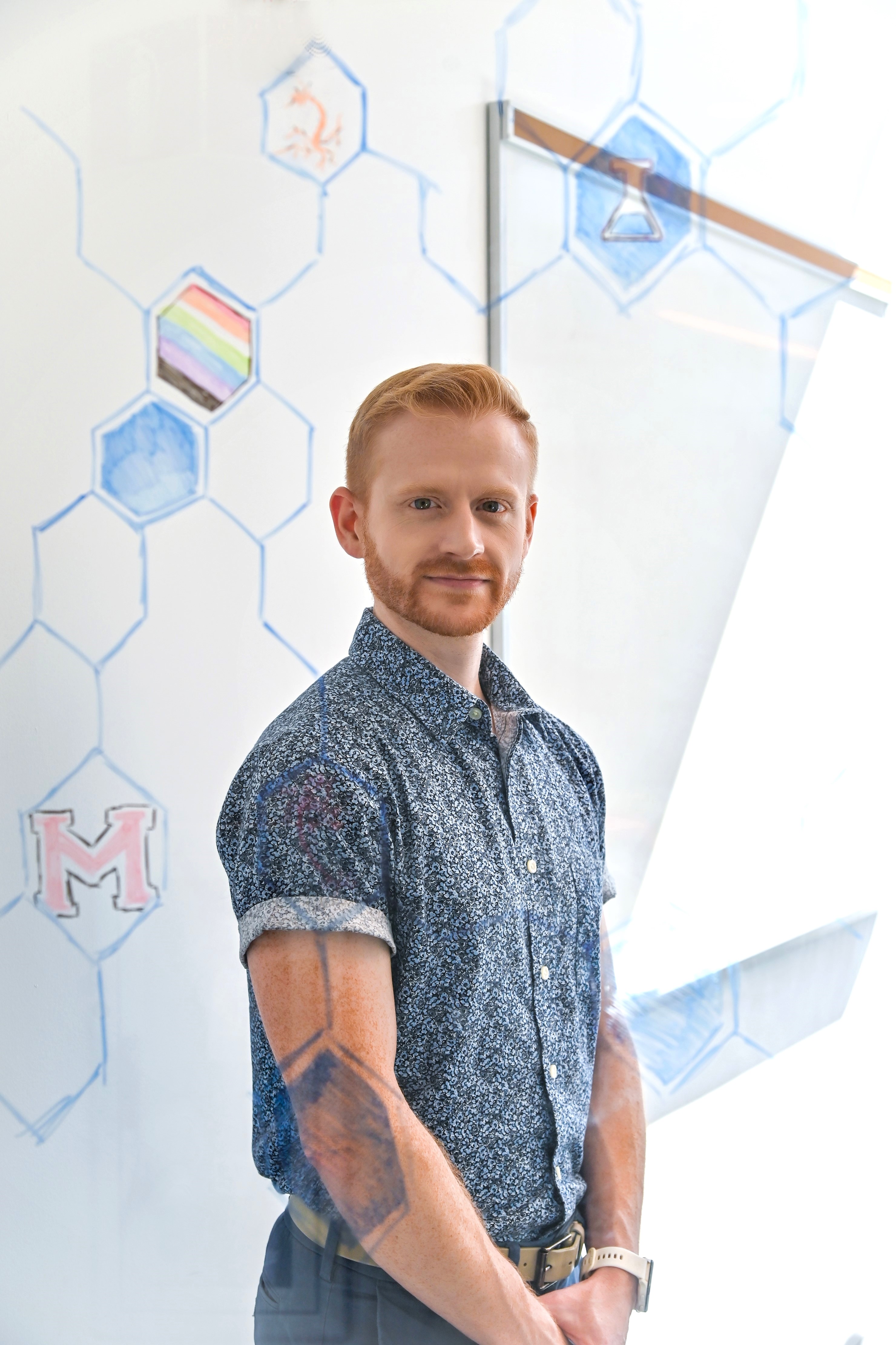"Fluid dynamics and biomechanics after central nervous system injury"
 Speaker: Dr. Chase Cornelison, Assistant Professor,
Speaker: Dr. Chase Cornelison, Assistant Professor,
Biomedical Engineering, University of Massachusettes Amherst
Day and Date: Friday, March 21, 2025
Time: 10:45 AM - 11:45 AM
Location: HST 101
Abstract:
Fluid transport is integral to the maintenance of cellular and tissue homeostasis: It brings in new nutrients, removes cell waste products, and provides low-level biophysical cues that can influence cell function. In the brain, emerging research shows that fluid flow pathways become disrupted after injury or pathology, but we currently know little about how these biophysical changes affect neural tissue health and disease. Our group uses complementary in vitro, in vivo, and in silico tools to understand the role and therapeutic relevance of fluid forces in the central nervous system, especially after traumatic injury. In this seminar, I will detail our recent advances in modeling, measuring, and manipulating interstitial fluid flow in the context of spinal cord injury. I will also cover our in vitro studies to parse the molecular mechanisms and downstream outcomes of fluid mechano-sensing in neural cells. Our results implicate pathological levels of fluid flow as an overlooked contribution to neurodegeneration after neural injury due to its effects on glial cell reactivity and neuronal cell survival. This work ultimately has potential to inform development of strategies to visualize affected tissue, protect healthy nervous tissue, and improve functional recovery after traumatic injury in the brain and spinal cord.
Personal Bio:
Dr. Chase Cornelison is an Assistant Professor in the newly established department of Biomedical Engineering at the University of Massachusetts Amherst. He earned his bachelor’s degree in chemical and Biomolecular Engineering from the University of Tennessee Knoxville and his PhD in chemical engineering from the University of Texas at Austin. His dissertation work with Dr. Christine Schmidt focused on developing an injectable, decellularized nerve hydrogel for spinal cord injury repair. His postdoctoral studies were at the University of Virginia and Virginia Tech with Dr. Jennifer Munson, investigating the role of interstitial fluid flow in brain cancer progression. Currently, he leads the Neural Microenvironment and (onco)Regeneration group, studying how the cellular, extracellular, and biophysical microenvironment influence neural cell function in the contexts of cancer and trauma. The long-term goal of this research is to develop new therapeutic strategies to promote neural tissue preservation, regeneration, and functional recovery after traumatic neural injury and other neuropathologies. Dr. Cornelison currently has an NIH Trailblazer award to support his group’s work in this area, and he won a Young Investigator Award in 2021 from the journal Cells Tissues Organs.
Related Links:
- https://cornelisongroup.weebly.com/
- https://www.linkedin.com/in/rccornelison/
- https://www.umass.edu/engineering/about/directory/chase-cornelison
This event is free and open to the public. Please reach out to the Department of Bioengineering (inbioe@lehigh.edu) with any questions or comments.
